Artificial Intelligence (AI): The pathway to immortality or extinction?
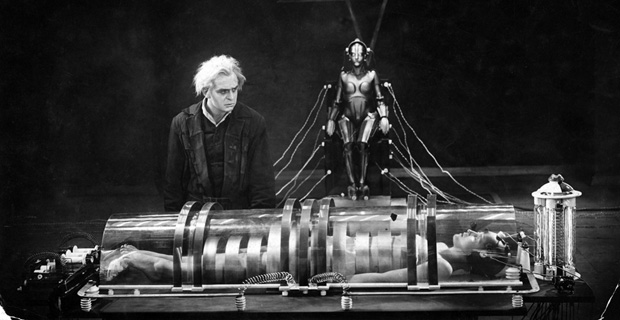
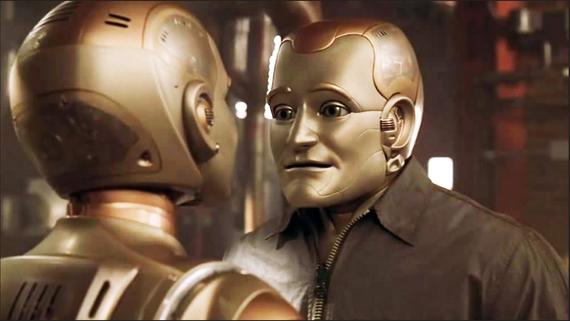
While A.I. was directed by Steven Spielberg it was originally conceived by none other than Stanley Kubrick himself in the late ’70s. Based on a short story titled “Super-Toys Last All Summer Long” by Brian Aldiss, A.I. Artificial Intelligence, as envisaged by Kubrick, was meant to be a robot version of Pinocchio. But Kubrick had to drop the idea when he realized that computer animation was not advanced enough to create the character of David, the Mecha child who dreams of becoming a real boy for his mommy who has adopted him to fill the void created by her real son’s rare medical condition that has indefinitely placed him in a state of suspended animation. The underlying trouble was that Kubrick was hooked to the idea of building a robot boy using computer graphics instead of casting a boy actor for the part of David as he feared that a human actor might look too human. Also since Kubrick took time to shoot his films, there was a risk that the boy would age and therefore change considerably during the time. Finally in the year 1995, he decided to handover the project to his longtime friend and fellow filmmaker Steven Spielberg.
Kubrick was somehow convinced that only Spielberg, known for meeting tight deadlines, could do justice to the story both emotionally (having already made a film like E. T.) as well as on the technical front (having just made Jurassic Park). For some reason or the other the project kept on getting delayed but after Kubrick’s sudden death in 1999, Spielberg took it up on a priority basis, even getting Tom Cruise’s consent before postponing the shooting schedule of Minority Report (2002) in order to realize his friend’s dream project. Spielberg, the most commercially successful filmmaker of all time, often gets lauded for his ability to deliver humongous blockbusters that are often loaded with cutting-edge computer graphics. But people often forget that what really makes these films tick is how well Spielberg handles the human emotions: be it the alien in E.T. or the Mecha child in A.I. or the giant in The BFG. Also, Spielberg is often accused of selling escapism in the name of cinema but those who understand his work well are aware that even his most commercial films endeavor to ask moral questions about the way the human society operates.
Now, A.I. despite all its fanfare is not one of his typical commercial films. A lot of questions that A.I. asks have actually become the basis of not only how cinema looks at AI characters but also how the human society may look at artificial intelligence in the times to come. The question that’s central to A.I. Artificial Intelligence is that if a robot could genuinely love a human being, what responsibility does that person hold towards that robot in return? While the idea of human beings loving back robots, or for that matter, artificial intelligence based programs in the real world may seem a bit farfetched at this point in time, films such as Blade Runner, Her, Ex Machina, Blade Runner 2049, and even Enthiran to some extent have already taken us in that direction as far as cinematic possibilities are concerned. But the human societies in none of these films talk about robot rights.
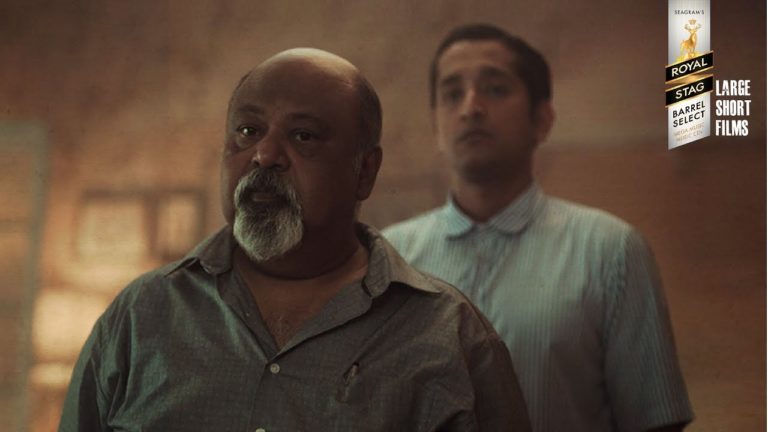
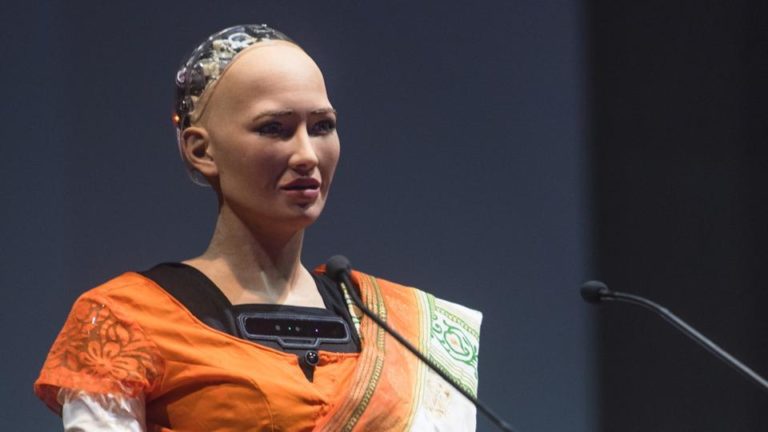
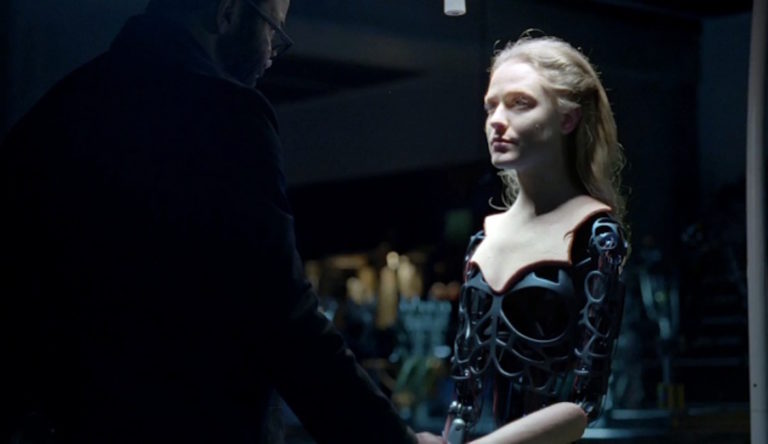
In the context of sentient robots gaining rights and becoming capable of loving other beings, an important question about their changing status in the futuristic societies also arises. Will they continue to serve the mankind or will they ever challenge their authority? Popular film series like The Terminator and The Matrixhave already introduced us to dystopian worlds dominated by the machines. On the other hand, the HBO series Westworld, inspired by a 1973 film of the same name written and directed by the noted Sci-Fi author Michael Crichton, depicts a struggle between the humans and the android hosts in technologically advanced Wild-West-themed amusement park originally built to gratify its wealthy patrons. Blade Runner and Blade Runner 2049 too pit the human race against the bio-engineered synthetic humans called replicants.
Even as Sophia continues to improve in terms of its outwardly similarities to the human beings in the real world, the humanoid robots in the aforementioned films and series have become so good that passing the Turing Test is no longer a concern for them. The real test, just as a character in Ex Machina says while referring to an AI named Ava with a human-looking face but a robotic body, is “to show you that she’s a robot and then see if you still feel she has consciousness”. In the film, Ava slowly transforms into a beautiful girl and is able to escape to the outside world and merge with the human population. Perhaps, the day is not too far when the likes of Sophia would be freely walking amongst us. And then perhaps there will also come a time when the AI, bestowed with the gift of immortality, will mock the ephemerality of the human life à la David8in Alien: Covenant.
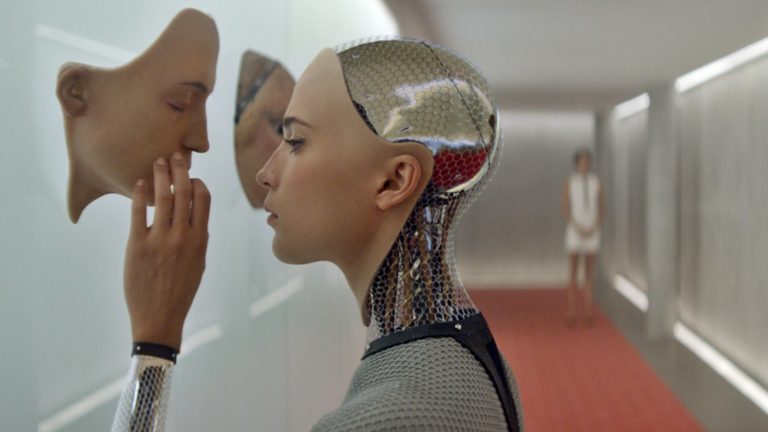
Perfecting the AI is perhaps the biggest challenge that’s ever been presented to mankind. But the day it is perfected, the human race is certainly set to lose its supremacy to a superior race. The likes of Black Mirror, Love, Death & Robots, Ex Machina, and Westworld have already prepared us for the worst. But not all future possibilities look so grim. With AI already entering our lives there are endless benefits that await us. Now, the Steven Spielberg blockbuster Minority Report, based on the short story by the noted Sci-Fi author Philip K. Dick, talks about a futuristic world wherein PreCrime, a specialized police department, stops murderers ever before they commit the heinous act. On similar lines, the UK is trying to develop an AI-based system that will analyze police records and assign individuals with a risk factor for committing future crimes.
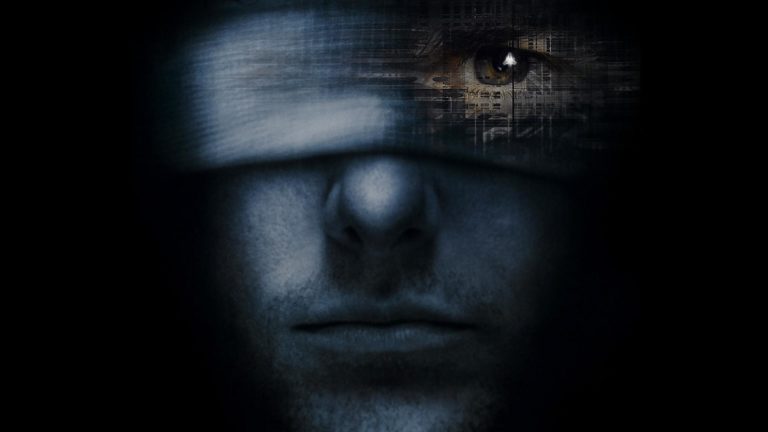
The Netflix series Altered Carbon, based on a 2002 novel by Richard K Morgan, is set in a futuristic world wherein human consciousness can be stored digitally and downloaded into new bodies. Already a startup called Humai working in the field of artificial intelligence and nanotechnology is trying to develop a technology to transfer human consciousness to a robot’s body. If such a breakthrough is made, the human life wouldn’t be so ephemeral after all. The animated film WALL·E set in the distant future tells the story of a waste-collecting robot. Mankind can certainly do with an army of such robots. Today, the biggest problems that the world is facing have environmental origins. Perhaps, AI can offer some solutions. Only recently at an Amazon event, actor Robert Downey Jr. shared his plans to launch a foundation that would use AI and nanotechnology to clean up the environment.
So, as we look at the future, even as the dark, dystopian, and diabolical threats of artificial intelligence continue to lurk in the remotest crevices of our minds, the human race looks set to embrace the rise of AI and the new revolution that it will usher in the field of medicine, genetics, architecture, biotechnology, travel and transportation, VR, surveillance, food production and preservation, prosthetics, cryogenics, and plastic surgery, among others. What was earlier only possible in the world of science fiction has today become a reality. There is little doubt that the thought leaders of science fiction, now more than ever will continue to be at the forefront of scientific innovation. All we can hope for is that while riding this unstoppable juggernaut of technological advancement we also succeed in rubbing off our humanity on the sentient beings that we may end up creating one day. Perhaps then we can rightfully claim to have perfected the AI.

